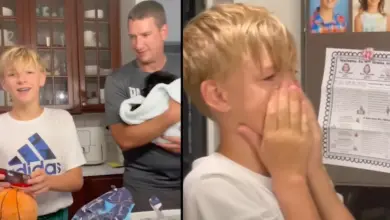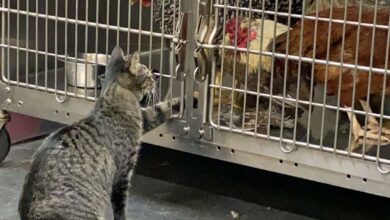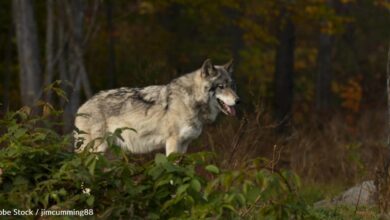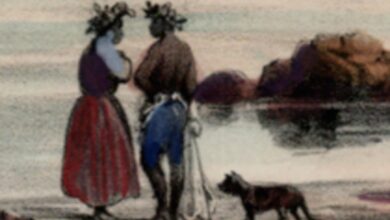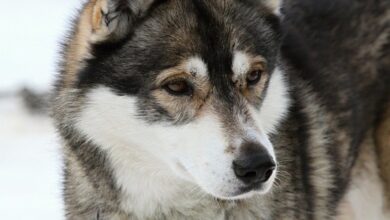Working for 30 years, the professor revived the Vechur cattle breed from the brink of extinction
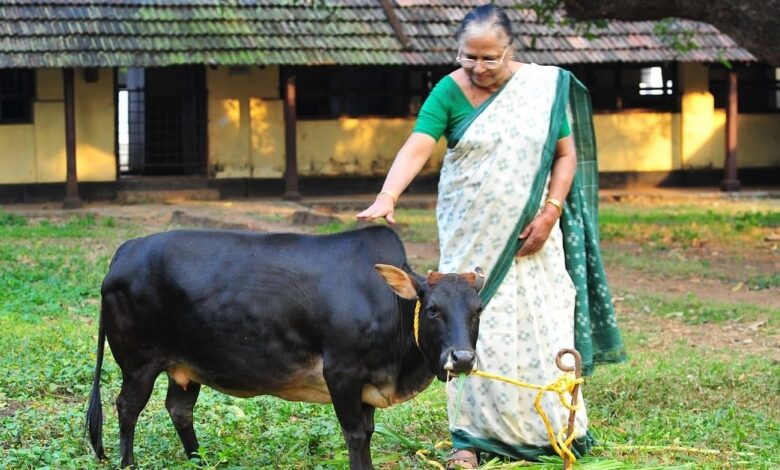
BILLIONThe Vechur cattle, an indigenous and rare breed of cattle considered one of the smallest in the world, was nearly extinct in the 80s.
Named after the village of Vechoor, located in the Kottayam district of Kerala, this cattle is known for its high milk production and is also known to have healing qualities. The cows also require less feed and maintenance.
Dr Sosamma Iype explained in conversation with The Better India: “In the 1960s, the state government introduced a change in livestock policy to increase milk production. “After that, there was massive cross-breeding of native cattle with exotic bull breeds. This leads to a decrease in the number of indigenous breeds such as the Vechur, which in turn leads to near-extinction.”
Since the 80s, Dr. Sosamma (80 years old), a retired professor from Kerala College of Veterinary Medicine and Animal Science, Thrissur, has been at the forefront of vechur conservation. She was awarded the Padma Shri for her constant efforts in saving the breed from the brink of extinction and increasing its population.
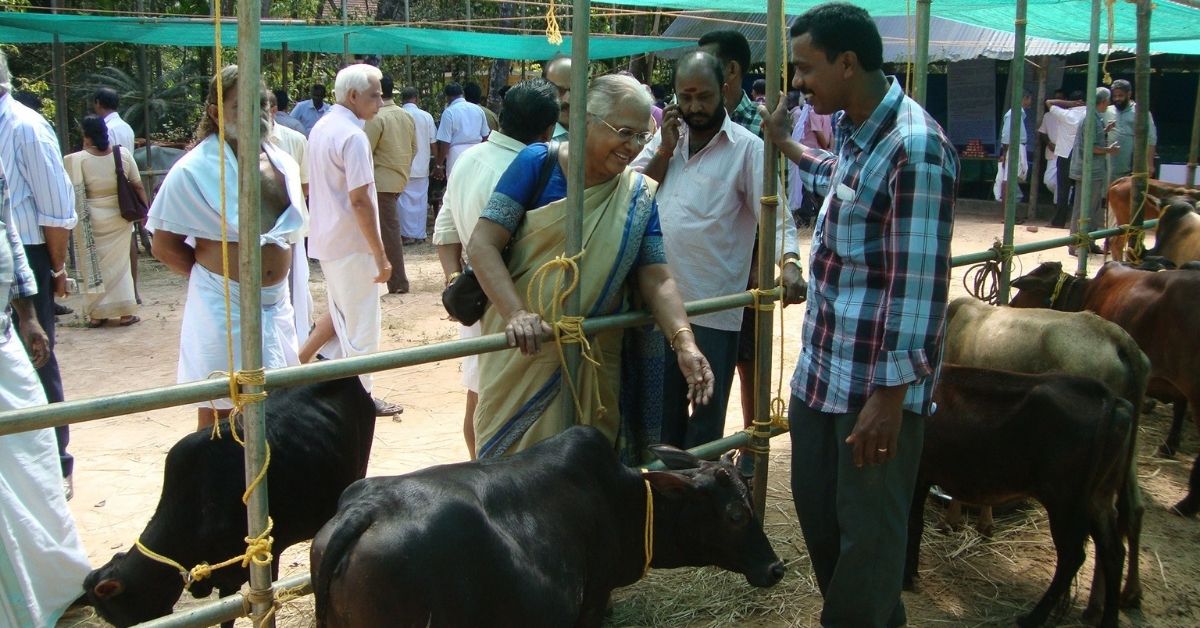
Dream team
Understanding the need to preserve the last available specimens of the breed, Dr Sosamma teamed up with several students at the university to begin the search for this native breed.
“We conducted an extensive search for vechur cows in 1989, after a few of my students at the university approached me about the issue. There are about 15-20 students who have been actively participating in the search for many years. We used to go from place to place, checking with farmers and ranchers. Dr Sosamma said: “My students regularly tie the knot in their homes in search of cows in their homeland.
She added, “It was one of the best times of my career. We are all dedicated to the cause and we have enjoyed the journey together. Our mission is to save this breed and return them to the farmers.”
The search was mainly conducted through the southern districts of Kottayam and Alappuzha, and it took Dr Sosamma and her team a long time to find even a single vechur cow.
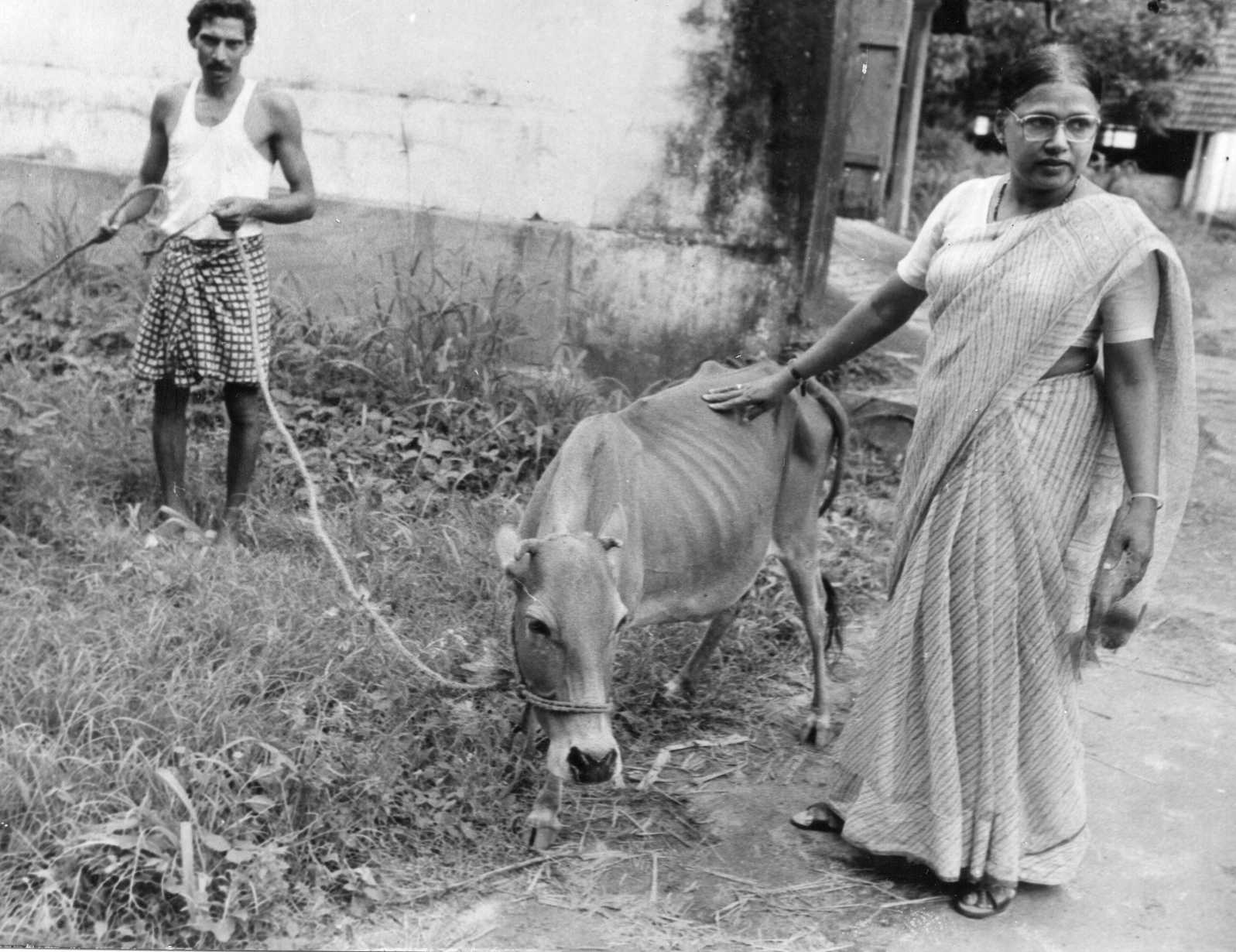
“Finally, we found our first cow through a farmer named Manoharan. But he is not yet ready to give us his dear cow. We explained the reason to him and convinced him to sell it to us. A fund of Rs 65,000 has been allocated by the university for our initiative, and we have used this money to buy and take care of the cows,” she added.
“Gradually, we started to find more cattle, and in a year we had about 24 vechus. These animals are then kept and cared for on the farm of the agricultural university in Mannuthy. Our first priority is to get the cows to breed, thereby increasing their population.”
Dr Sosamma, who has faced many challenges throughout her journey, said: “It was not easy.
“It is an initiative taken without government support, as it goes against the state policy on breeding bulls. There are people in the university who do not support our activities. But in the end, the vechur was recognized by the Indian Council of Agricultural Research (ICAR) as an indigenous breed,” she explained.
“After almost a year, a tragic poisoning happened on the farm, and we lost several cows. There were investigations later, but we still don’t know who did it. The days following the incident were one of the most challenging times of my life. But I don’t want to give up and fight for the cause,” said the veteran.
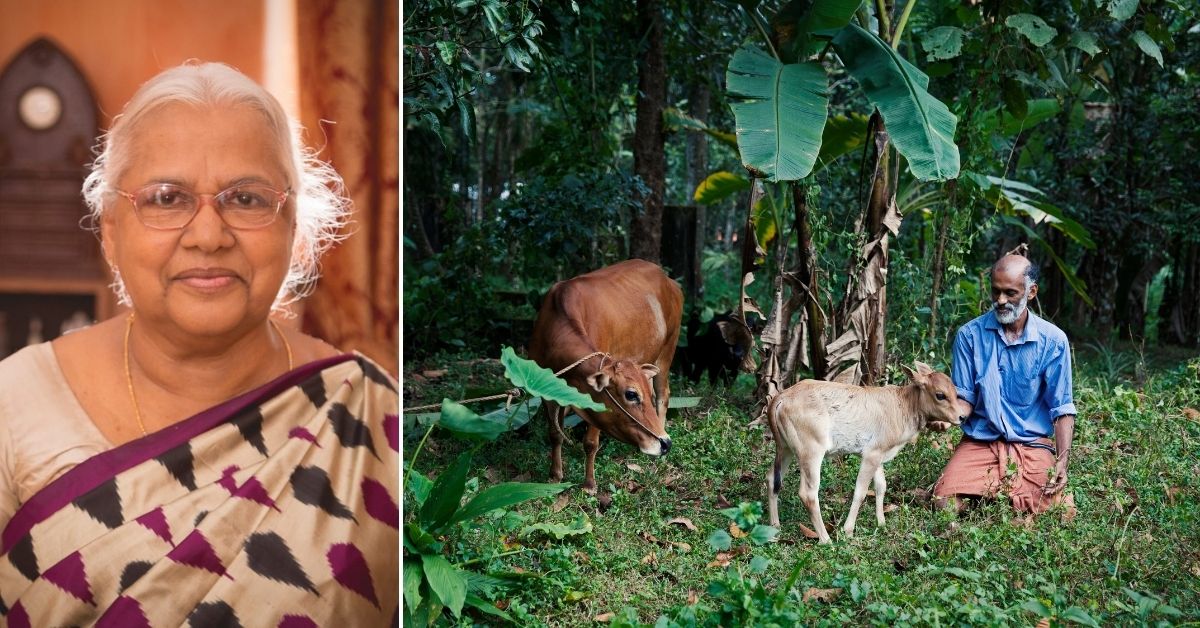
There’s also another controversy surrounding vechur cows, she added. “In 1998, an environmentalist announced that the DNA of the vechur breed had been patented by the Roslin Institute of Scotland. This has led to an uproar in the Indian research field. There are many objections to their conservation work. But in the end, after two years of investigation, the claim was proven false.”
“In 1998, we established a trust – the Vechur Conservation Trust – to increase the support and engagement of farmers and researchers. After all the controversy, we recognized the need for a trust that would help us have a community partnership on this initiative. Now, the trust is helping the farmers by providing them with vechur seed, mainly semen from purebred bulls,” she said.
There are also research and breeding programs for the breed. She adds, “Most of these programs are in partnership with a number of national and international organizations such as the National Biodiversity Agency (NBA), the Department of Science and Technology, the Food and Agriculture Organization (NBA), FAO), Kerala State Biodiversity Council, NABARD and United Nations Development Program (UNDP). ”
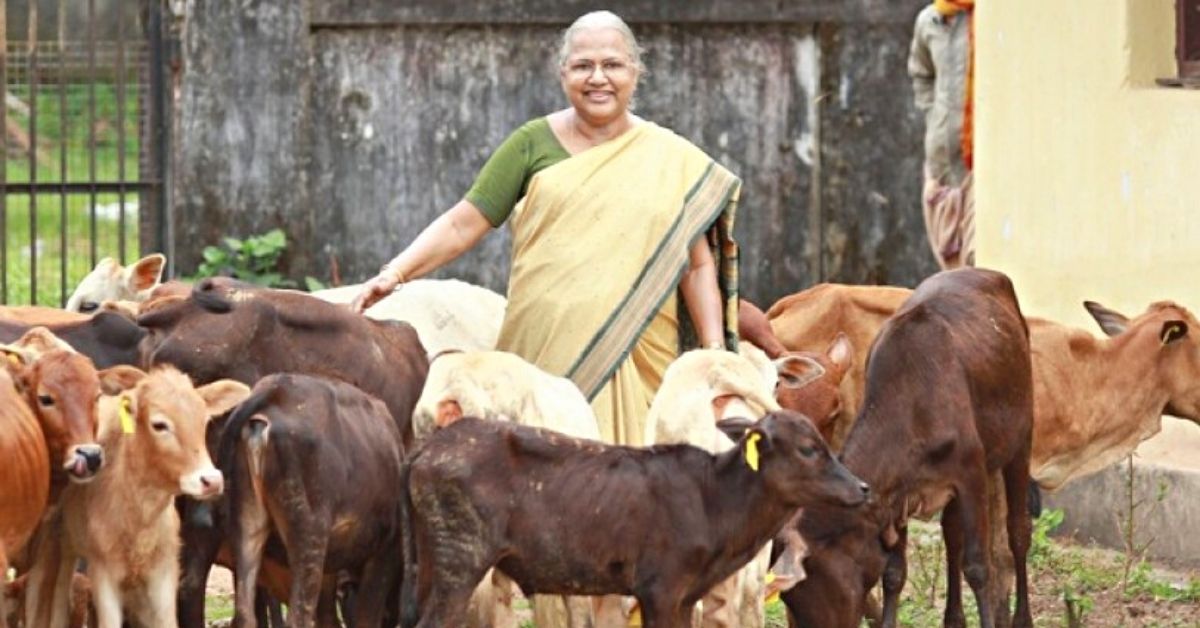
The journey began with a mission to save the native cattle breed that had succeeded in stabilizing its population. “There are now more than 5,000 vechus in Kerala and other parts of the country,” she said.
Dr. Sosamma has received numerous awards from organizations such as the Food and Agriculture Organization (FAO) and the United Nations Development Program (UNDP). She is still active and works closely with the Vechur Conservation Trust.
“I did not expect this honor and I am really happy to receive it. There are so many people involved in this effort, and this honor brings happiness to all of them,” she said.
(Edited by Divya Sethu)
